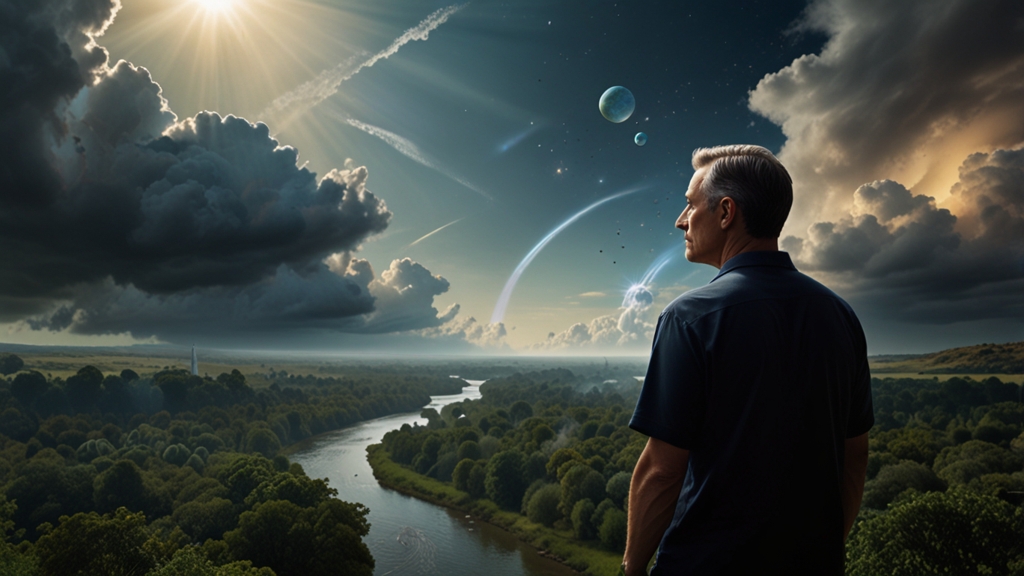Psalms in Pop Culture: Their Surprising Influence
The Book of Psalms holds a distinguished position in religious traditions, particularly within Judaism and Christianity. These poetic verses, credited mostly to King David, have transcended their ancient origins to become a potent cultural force. Surprisingly, the Psalms have found their way into modern pop culture, influencing music, literature, and even film. This article explores the fascinating journey of the Psalms from sacred texts to pop culture staples.
The Psalms in Music
Music, perhaps more than any other art form, has embraced the Psalms with open arms. For centuries, composers and songwriters have been inspired by these ancient texts. In the modern era, genres from classical to rock have all had their moment with the Psalms.
The famous rock band U2 has frequently incorporated Psalms into their music. In their song "40," the lyrics are a direct lift from Psalm 40. Similarly, Leonard Cohen's iconic "Hallelujah" heavily references Biblical themes, albeit indirectly derived from the Psalms. Even contemporary Christian artists like Chris Tomlin and Hillsong United often adapt psalmic texts to create worship songs that resonate with modern audiences.
"I waited patiently for the Lord; he inclined to me and heard my cry." (Psalm 40:1)
The Psalms in Literature
Many authors have also turned to the Psalms for inspiration. Fyodor Dostoevsky’s The Brothers Karamazov and John Steinbeck’s The Grapes of Wrath are just two examples where Biblical psalm themes have been intricately woven into the narrative framework. The emotional depth and spiritual richness of the Psalms render them uniquely suitable for literary exploration.
In contemporary literature, Toni Morrison’s Beloved invokes the Psalms to deliver raw, evocative prose. By incorporating these spiritual elements, authors can deepen their characters' emotional landscapes and offer readers a more immersive experience.
"The Lord is my shepherd; I shall not want." (Psalm 23:1)
The Psalms in Film
Filmmakers frequently use the Psalms to evoke powerful emotional responses or to frame significant moments in their narratives. Movies like Saving Private Ryan and Tree of Life use psalmic verses to lend a layer of profundity to their storytelling.
Beyond merely quoting the texts, directors often rely on the intrinsic emotional resonance of the Psalms to underscore pivotal scenes. The universal themes of human suffering, divine intervention, and redemption make the Psalms an invaluable resource for filmmakers seeking to evoke a deeper, spiritual response from their audience.
The Enduring Legacy of the Psalms
The Psalms' journey into pop culture underscores their timelessness and universal appeal. Far from being relics of the past, these ancient texts continue to bridge the sacred and the secular, offering emotional and spiritual richness to new generations.
This enduring influence serves as a testament to the Psalms' poetic beauty and the profundity of their themes. Whether through the strumming of a modern guitar, the turning of a novel's page, or the flicker of a cinema screen, the Psalms have secured their place as a cultural mainstay, speaking to the human condition with an eloquence that transcends time and place.









